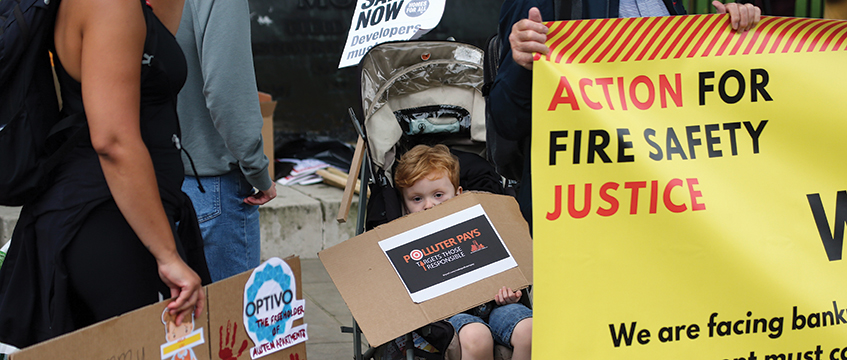Milford Haven Port Authority is to go to the Court of Appeal next Thursday to challenge a record £4m fine imposed on it in the wake of the Sea Empress tanker disaster.
The fine, plus £825,000 in legal costs, was imposed at Cardiff Crown Court in January 1999 after the authority was found guilty of causing pollution of controlled waters contrary to section 85(1) of the Water Resources Act 1991.
Now environmentalist and lawyers are hoping that the authoritys appeal against that ruling will lead to new guidelines on the approach to be adopted in the future when imposing sentences for major environmental disasters.
The appeal court has recently received advice on sentencing for environmental offences from the Sentencing Advisory Panel, which recommended that fines should be set according to the means of those paying them. It advised that fines for larger companies should be “substantial enough to have a real economic impact which, together with the attendant bad publicity resulting from prosecution, will create sufficient pressure on management and shareholders to tighten regulatory compliance and change company policy.”
The Panel also took the view that courts should, in appropriate cases, exercise their power to disqualify individual defendants from acting as company directors for specified periods.
Daniel Lawrence, convenor of the United Kingdom Environmental Law Association Practice & Procedure Working Party and an environmental lawyer with international firm Lovells, said today: “Concerns have been expressed that sentencing levels for environmental offences are generally too low, particularly where environmental damage results from the offence.”
“For the sake of sentencing consistency, given the relatively few environmental offences that come before the courts, there ought to be some system of panels of magistrates and judges who have heard previous environmental cases.”
“Clearer sentencing guidelines for environmental offences will be welcomed by all. However, the Environment Agency needs to be very clear what public interest is being served by prosecuting some of the cases it prosecutes, for example where polluting discharges are the result of attempts to avoid yet greater pollution, as in the Sea Empress case.”
PLS News 8/3/00









